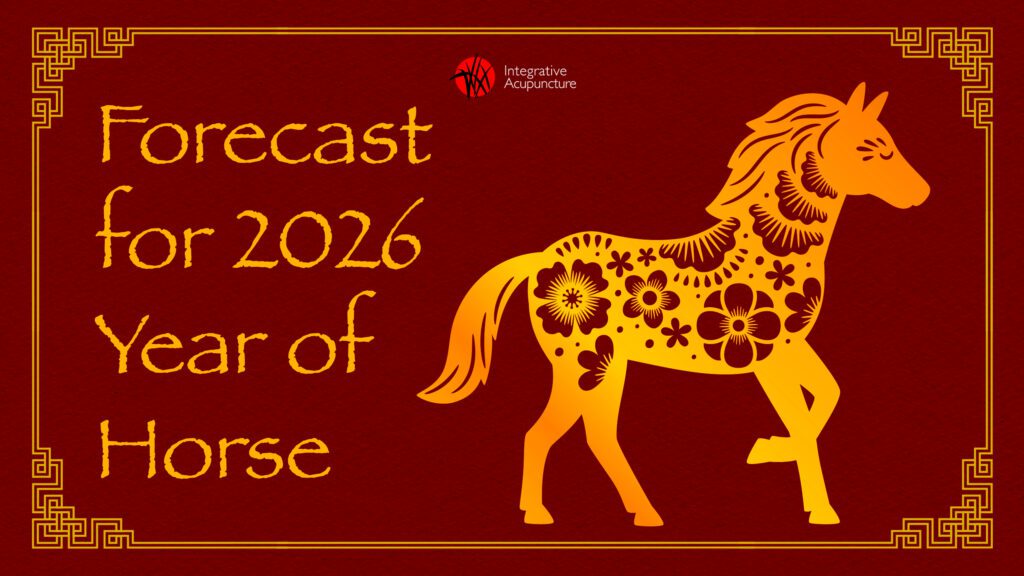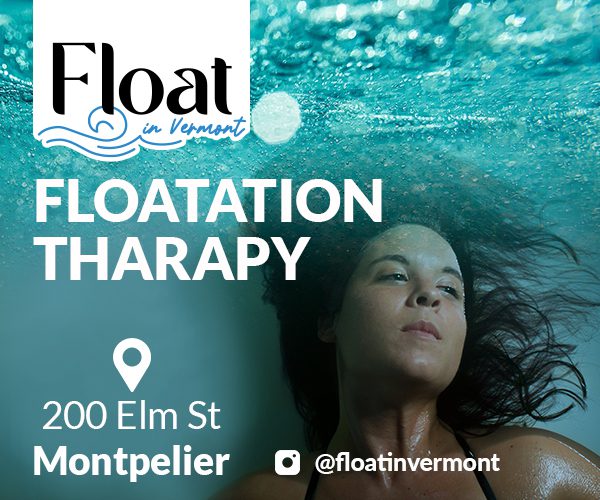In the tranquil setting of an acupuncture clinic, the gentle insertion of fine needles may seem like a purely physical treatment. However, in Traditional Chinese Medicine (TCM), this practice delves deep into the emotional landscape of the body. Emotions are not merely abstract feelings; they are intricately connected to our physical health, influencing and being influenced by our internal organs. Understanding this connection can shed light on how acupuncture addresses emotional imbalances like anger, worry, and sadness.
The Five Emotions in Traditional Chinese Medicine
TCM posits that each of the five major organs is associated with a specific emotion:
-
Liver: Anger
-
Heart: Joy
-
Spleen: Worry
-
Lungs: Sadness and Grief
-
Kidneys: Fear
These associations are not just symbolic; they reflect the belief that emotional imbalances can directly affect organ function and vice versa. For instance, prolonged anger can lead to liver qi stagnation, manifesting as irritability or digestive issues. Conversely, a weakened spleen, often due to chronic worry, can result in fatigue and poor digestion (Verywell Mind).
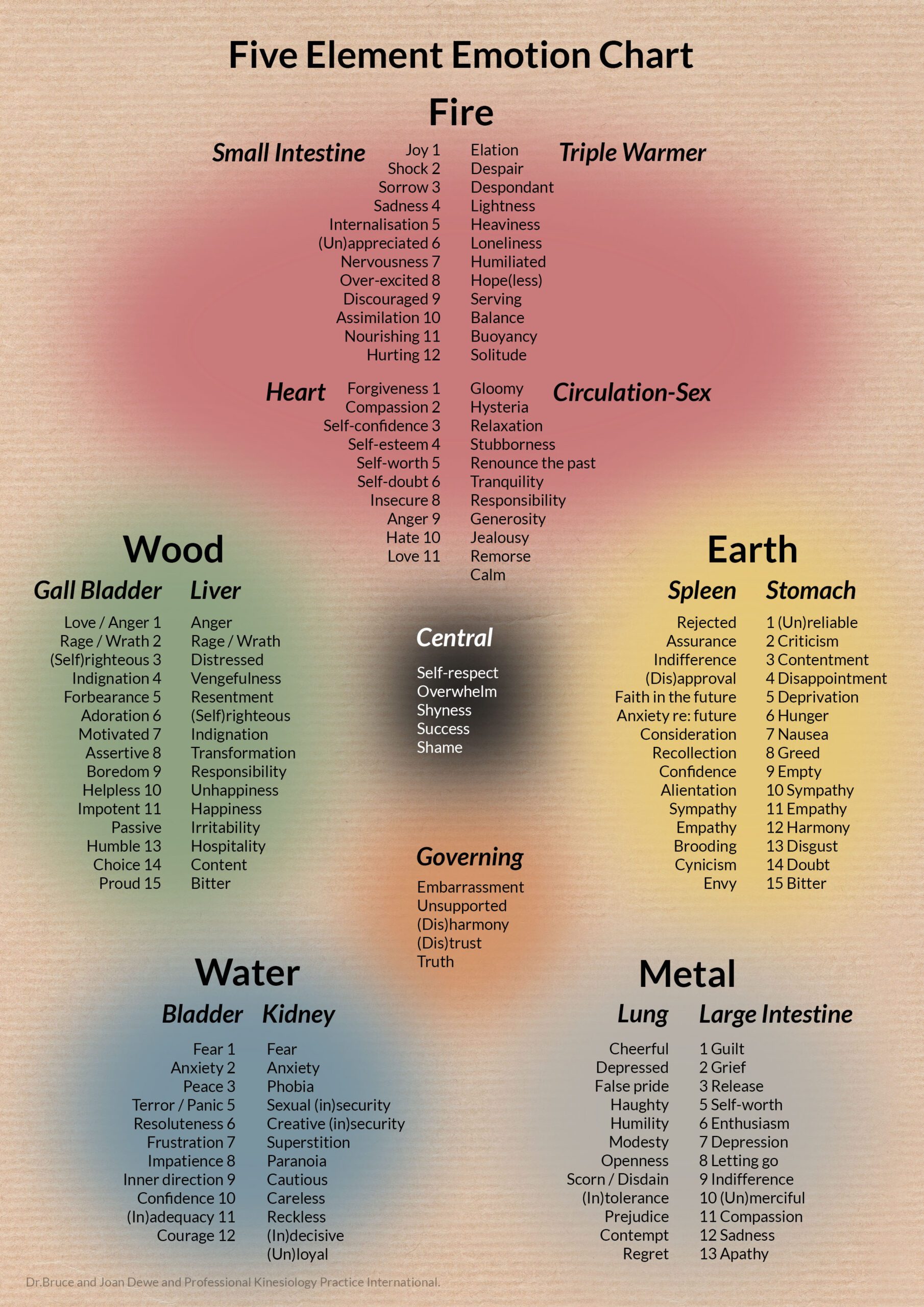
Pulse Diagnosis: Reading the Body’s Emotional State
In TCM, pulse diagnosis is a vital diagnostic tool. Practitioners assess the pulse at various positions on both wrists to gauge the state of the body’s organs and emotional health. Each pulse position corresponds to a specific organ, and its quality—such as strength, speed, and rhythm—can reveal imbalances. For example, a wiry pulse may indicate liver qi stagnation, often linked to anger, while a weak pulse might suggest a deficiency in the spleen, associated with worry (ACA Acupuncture and Wellness).
Acupuncture and PTSD: A Path to Emotional Healing
Post-Traumatic Stress Disorder (PTSD) is a condition where emotional trauma deeply affects mental and physical health. Acupuncture has emerged as a complementary treatment, offering relief from symptoms like anxiety, hyperarousal, and emotional numbness. Recent studies have shown that acupuncture can significantly reduce PTSD symptoms. For instance, a clinical trial involving combat veterans demonstrated that acupuncture led to a substantial decrease in PTSD severity compared to sham treatments (JAMA Network).
The therapeutic effects are believed to stem from acupuncture’s ability to modulate the nervous system, reduce stress hormones, and promote the release of endorphins, the body’s natural painkillers. This holistic approach addresses both the physical and emotional aspects of trauma (E-Jar).
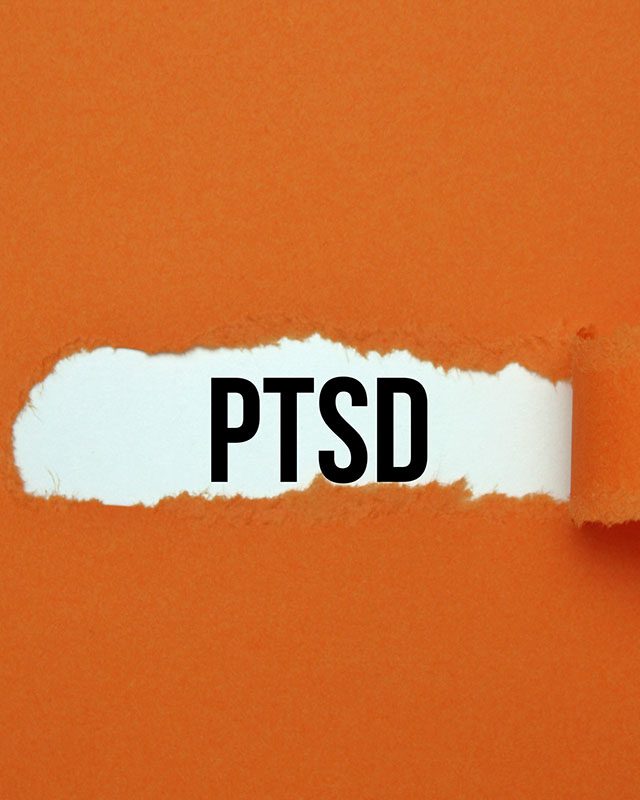
Acupuncture in Addiction Recovery: Addressing Emotional Roots
Addiction often stems from underlying emotional issues such as anxiety, depression, or unresolved trauma. Acupuncture offers a holistic approach to addiction recovery by addressing these emotional imbalances. It has been shown to alleviate withdrawal symptoms, reduce cravings, and improve overall emotional well-being during recovery. A review of studies found that acupuncture could lead to reductions in withdrawal symptoms, cravings, insomnia, anxiety, and depression when compared to placebo or no treatment groups (Valley Forge Medical Center).
By targeting specific acupoints, acupuncture helps to restore balance to the body’s energy system, facilitating emotional healing and supporting the recovery process.

Acupuncture and Anxiety: A Natural Remedy
Anxiety disorders are prevalent in today’s fast-paced world, often leading individuals to seek alternative treatments. Acupuncture has gained attention for its potential to alleviate anxiety symptoms. A comprehensive review of 27 randomized controlled trials involving nearly 1,800 participants concluded that acupuncture significantly reduced anxiety symptoms, often outperforming conventional treatments with fewer side effects (https://NVelUp.care).
The mechanism behind acupuncture’s effectiveness in treating anxiety is believed to involve the regulation of neurotransmitters and the autonomic nervous system, promoting relaxation and emotional stability (PubMed).
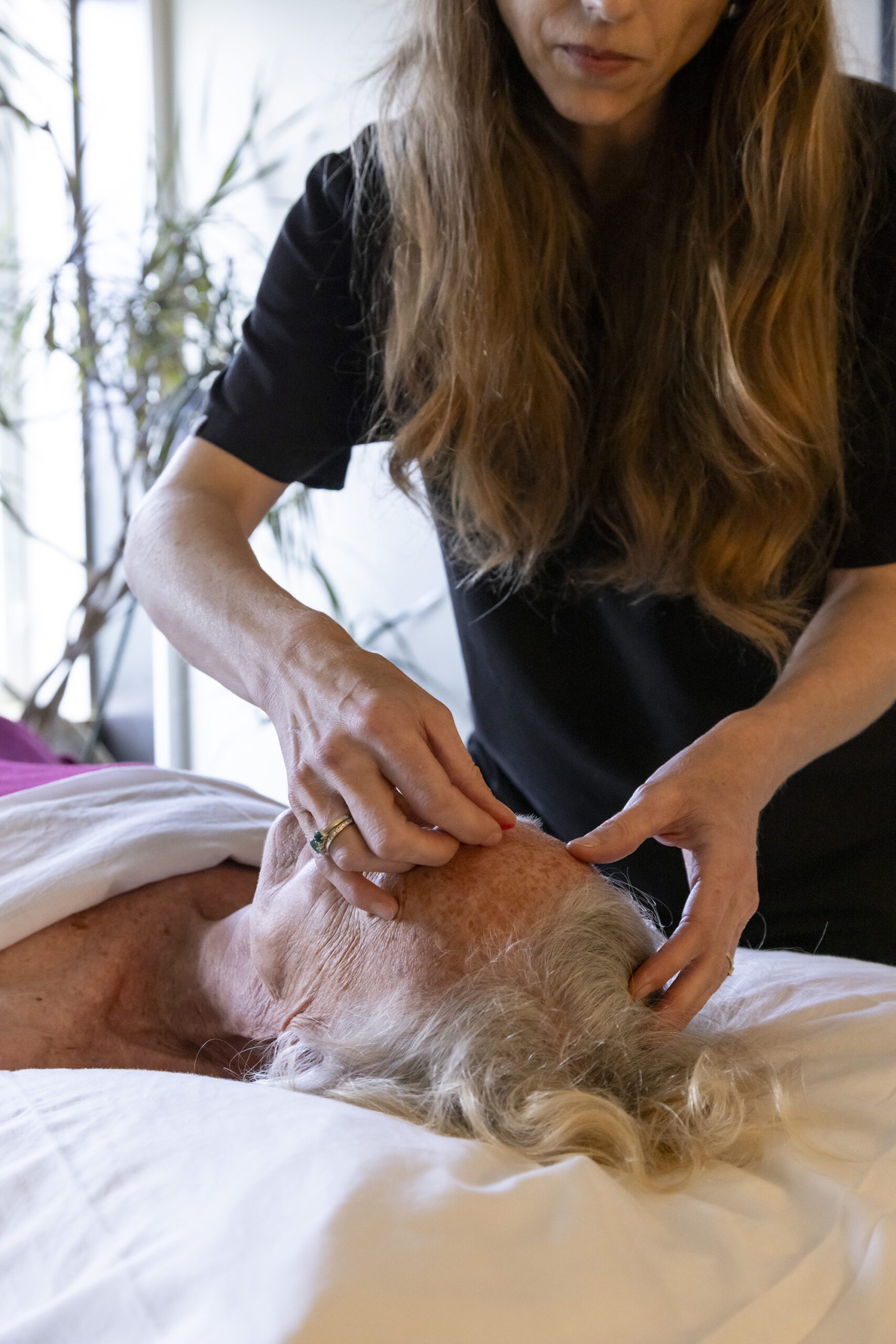
Integrating Acupuncture into Emotional Health Practices
Acupuncture offers a unique perspective on emotional health, emphasizing the interconnectedness of mind and body. By understanding the emotional associations of the organs and utilizing pulse diagnosis, practitioners can tailor treatments to address specific emotional imbalances. Whether dealing with anger, worry, sadness, or anxiety, acupuncture provides a pathway to restore harmony and promote overall well-being.
If you’re interested in exploring acupuncture as a complementary approach to emotional health, consider consulting with a licensed acupuncturist at Integrative Acupuncture who can assess your individual needs and guide you on your healing journey.




